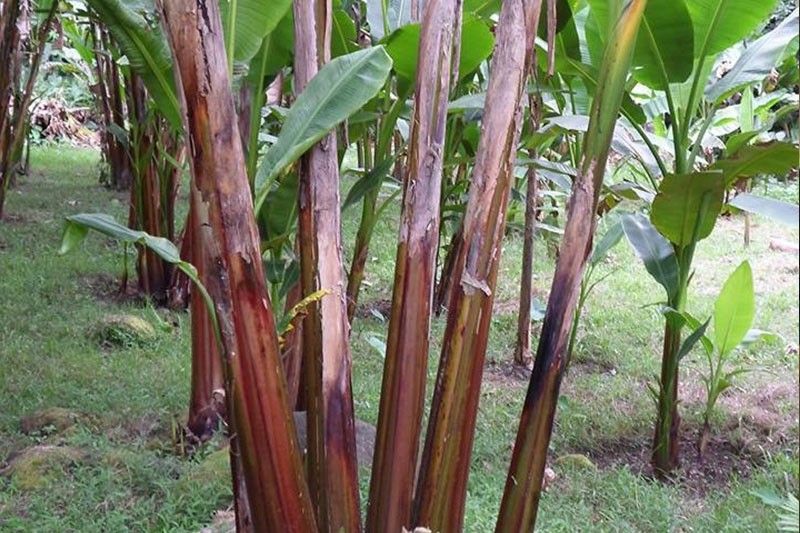Philippines needs 60,000 hectares more for abaca plantations

MANILA, Philippines — The country needs close to 60,000 hectares of abaca farms to boost local production amid continued shortage in supply of the natural fiber, the Department of Agriculture (DA) said.
Agriculture Secretary Emmanuel Piñol said the Philippine Fiber Industry Development Authority (PhilFida) aims to cover 54,000 hectares of land with an average production of four metric tons to produce abaca in the next five years.
“The demand is growing as more industrial uses for the world’s natural fiber is increasing and with prices ranging from P60 to P120 per kilogram depending on the quality,” Piñol said.
“For several years, however, the abaca industry went into a slump as farms were hit by diseases and government hardly made a move to support the farmers,” he added.
Abaca is endemic to the Philippines, but countries like Costa Rica, Ecuador, and Indonesia were able to obtain planting materials and are developing their natural fiber industry.
But, the Philippines still dominates the abaca market supply with an estimated 90 percent of the world demand.
Rehabilitation of abaca farms started in Sogod in Southern Leyte with an initial fund of P50 million for the establishment of nurseries which produce healthy planting materials.
At the start of the administration, PhilFida entered into a memorandum of agreement with the municipality of Sogod for the rehabilitation of the abaca farms which were destroyed by diseases and poor farm management.
Production loans for abaca farmers are also available through the Agricultural Credit Policy Council amounting to at least P15,000 per hectare.
Under the program which will be implemented with the local government units of Eastern Visayas, planting materials good for one to three hectares will be given to at least eight towns every month on the condition that suckers produced from these municipal nurseries will be distributed to the farmers in their respective towns.
The DA will provide the planting materials and the technical assistance, including supervision of the municipal nurseries, while the municipalities will provide the nursery area, workers and other farm inputs needed to maintain the nursery.
Production of abaca in the Philippines has been declining due to poor farm management and prevalence of diseases.
For many years, demand for abaca continue to increase with its growing number of uses including ropes, twines, fishing lines and nets, as well as paper-making. It is also being used in automotive and aeronautics and forms part of Philippine banknotes.
- Latest
- Trending

























